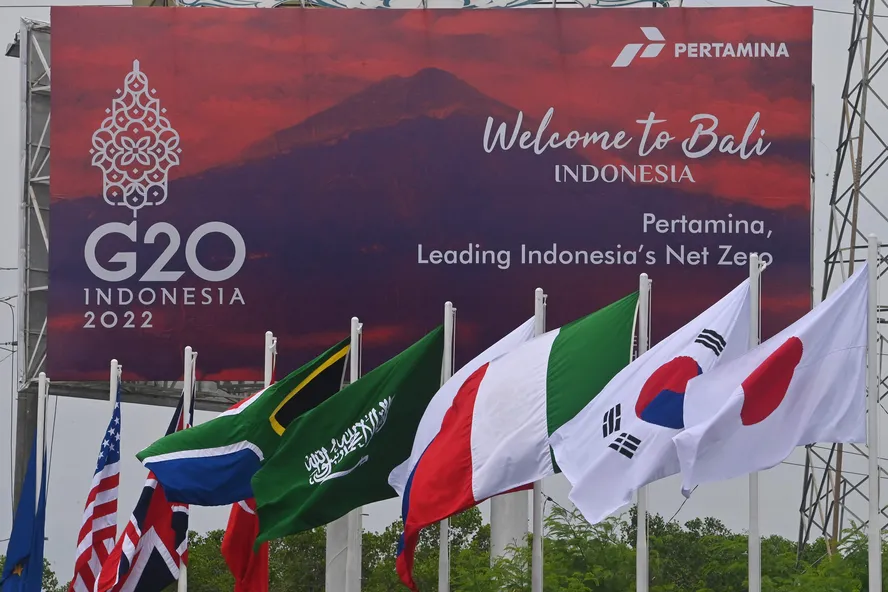Brazil at the forefront of emerging thought
Luciana Servo, Márcia Loureiro and Julia Dias Leite

The Group of 20 (G20) was created in 1999, in the aftermath of the Asian crisis, as a forum for finance ministers and central bank governors. That initiative acknowledged, at least implicitly, that emerging countries were not adequately represented in global economic governance and discussion forums. The group has since its inception included 19 countries and the European Union. In 2008, in the midst of a new global crisis, the G20 was elevated to head-of-government level. Since then, the discussions within G20 forums have gradually incorporated new themes and participants. The group represents some 65% of the world population, 79% of global trade and no less than 85% of the world economy.
Although the summit meeting — a meeting of heads of government held annually under a rotating presidency — is its best-known facet, the G20 also includes sector-oriented engagement groups involving representatives from civil society, social movements and other segments. One such group is the T20 (Think20), which brings together major think tanks from G20 and guest countries. Three Brazilian think tanks will be in charge of organizing T20 debates during Brazil's presidency of the G20, from December 2023: the Institute for Applied Economic Research (Ipea), the Alexandre de Gusmão Foundation (Funag) and the Brazilian Center for International Relations (Cebri).
The T20 Organizing Committee was formally created on May 30 to mobilize Brazilian and foreign think tanks and scholars. Think20's core mission is to make recommendations to the G20, including to propose topics that are not as yet on the agenda but that scholars think deserve the attention of working groups and leaders. The committee will be responsible for organizing the six task forces whose focus themes, all of global reach, will be defined in a process involving other think tanks, prior G20 meeting agendas and G20 priorities for the Brazilian presidency.
Those priorities are still to be announced but the agenda for the Brazilian presidency may very well include the following topics: food and nutritional security, combating poverty, inequality and all forms of discrimination, female empowerment, environmental issues, biodiversity and climate change, reform of multilateral governance and of the international financial system and funding for sustainable development.
In addition to the Organizing Committee, a national coordination group will be established to engage Brazilian think tanks so as to enhance the thematic and geographic diversity of T20 activities. To bring foreign think tanks into that process, an advisory group will be created including think tanks from G20 countries and that already participate in T20 or that have expertise in any task force focus theme.
In order to bolster a diverse and plural collaboration and cooperation between G20 think tanks, T20 policy briefs will be co-authored and published after they are peer-reviewed by task forces. Each paper will be co-authored by at least one man and one woman and authors must be from different think tanks and from different countries. T20 publications will focus on issues relevant to the G20 agenda and will propose solutions and recommendations built in partnership.
Organizing the G20 meeting in Brazil is a great responsibility. Ipea, Funag and Cebri face a great challenge: to organize Think20 and to provide leaders with high-quality and high-impact analyses in continuation of the productive work of the Indian Organizing Committee. We are committed to use our best efforts so that Brazil is well represented.
*Luciana Servo is the president of Ipea, Márcia Loureiro is the president of Funag, Julia Dias Leite is the CEO of Cebri